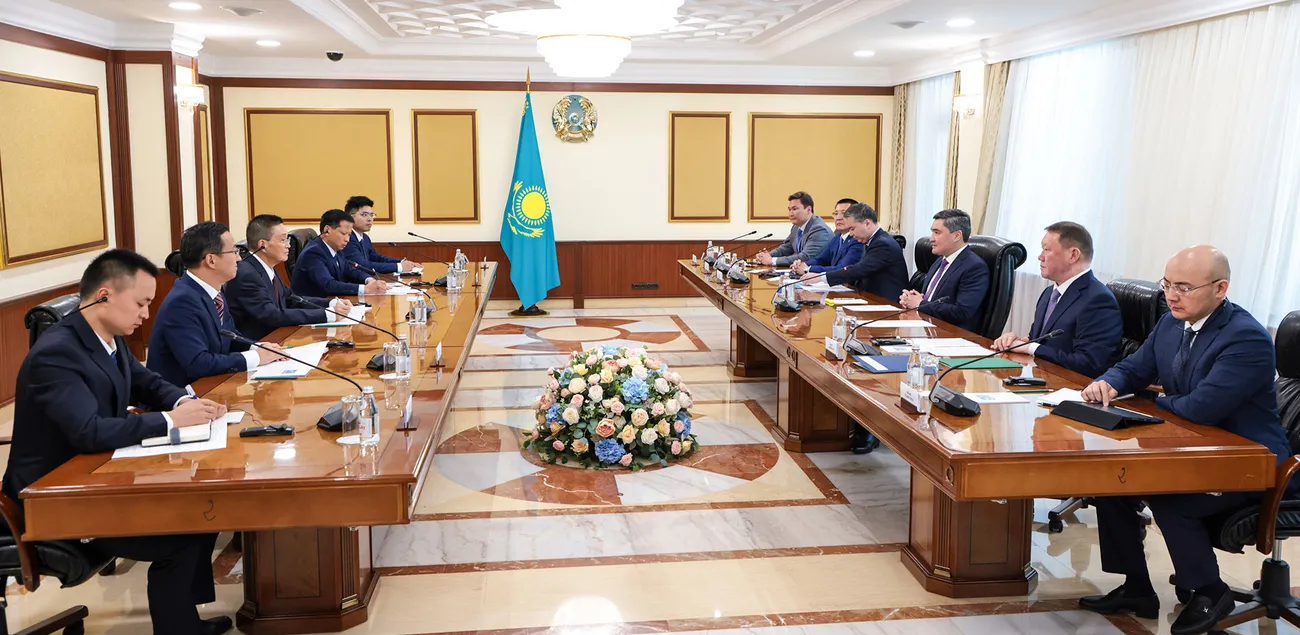
China’s East Hope Group, a diversified industrial conglomerate controlled by billionaire Liu Yongxing, has secured government backing for a $12 billion vertically integrated aluminum production complex in Kazakhstan. The project, announced following a meeting between Kazakh Prime Minister Olzhas Bektenov and East Hope Group founder and CEO Liu Yongxing, will establish the country’s first large-scale green aluminum facility powered entirely by renewable energy. The complex is designed to transform Kazakhstan from a minor aluminum exporter into a major producer of low-carbon metal for European and Asian markets.
A Strategic Pivot to Green Production
The project represents a fundamental shift for East Hope Group, which currently operates massive coal-powered aluminum smelters in China’s Xinjiang region. The Kazakhstan facility will include a 2 million-tonne-per-year alumina refinery and a 1 million-tonne-per-year electrolytic aluminum plant, both powered by dedicated renewable energy sources.
The timing is strategic. With the European Union’s Carbon Border Adjustment Mechanism set to impose tariffs on carbon-intensive imports from 2026, producing aluminum with renewable energy provides a crucial competitive advantage. East Hope’s current operations in Xinjiang face additional scrutiny due to international concerns over human rights, making the Kazakhstan project an essential diversification move.
Three-Phase Development with Local Integration
The project will be implemented in three phases, with the first stage focusing on establishing the core alumina and aluminum production facilities. East Hope has already registered a subsidiary in Kazakhstan and completed preliminary geodetic and hydrogeological studies across several regions. The company estimates the project will create over 10,000 permanent jobs and has committed to training local specialists while gradually increasing the share of Kazakhstani employees.
Prime Minister Bektenov emphasized the project’s alignment with President Kassym-Jomart Tokayev’s goal of building a more diversified economy. “We are gradually reducing our dependence on the raw materials sector and developing high value-added production,” he stated. The government has instructed relevant ministries to provide comprehensive support for the project’s implementation.
Leveraging Kazakhstan’s Renewable Energy Expansion
The project capitalizes on Kazakhstan’s aggressive renewable energy development. The country currently operates 154 renewable energy facilities with capacity exceeding 3 GW, generating 7.58 billion kWh in 2024. Nine additional plants with 455.5 MW capacity are scheduled to launch in 2025. This expanding renewable infrastructure provides the foundation for energy-intensive aluminum production.
Kazakhstan’s vast steppes offer ideal conditions for large-scale wind and solar installations, enabling the country to position itself as a supplier of genuinely green aluminum to markets increasingly focused on carbon footprint reduction.
Aluminum Market Dynamics
The global aluminum market, valued at approximately $179.67 billion in 2024 and projected to reach around $311.36 billion by 2033, is increasingly segmented by carbon intensity. While traditional aluminum trades on the London Metal Exchange without carbon differentiation, a premium market for low-carbon aluminum has emerged. Major automakers, packaging companies, and electronics manufacturers are willing to pay substantial premiums for aluminum with verified green credentials to meet their own sustainability targets. This market segmentation creates significant opportunities for producers like East Hope that can demonstrate genuinely low-carbon production through renewable energy use.
Company Background and Market Context
East Hope Group is a Shanghai-based conglomerate founded in 1982 by Liu Yongxing, who ranks among China’s wealthiest individuals. The company operates over 300 subsidiaries across agriculture, aluminum, silicon, chemicals, energy, and real estate. East Hope is among the world’s top 10 aluminum producers. The company’s diversified portfolio includes significant operations in polysilicon production for solar panels, positioning it well to execute integrated renewable energy and aluminum projects.
The Government of Kazakhstan is actively pursuing economic diversification through its “Kazakhstan-2050” strategy. The country seeks to leverage its substantial mineral resources while developing value-added manufacturing. Kazakhstan holds significant bauxite reserves and has been working to expand its role in global aluminum supply chains beyond raw material exports.



